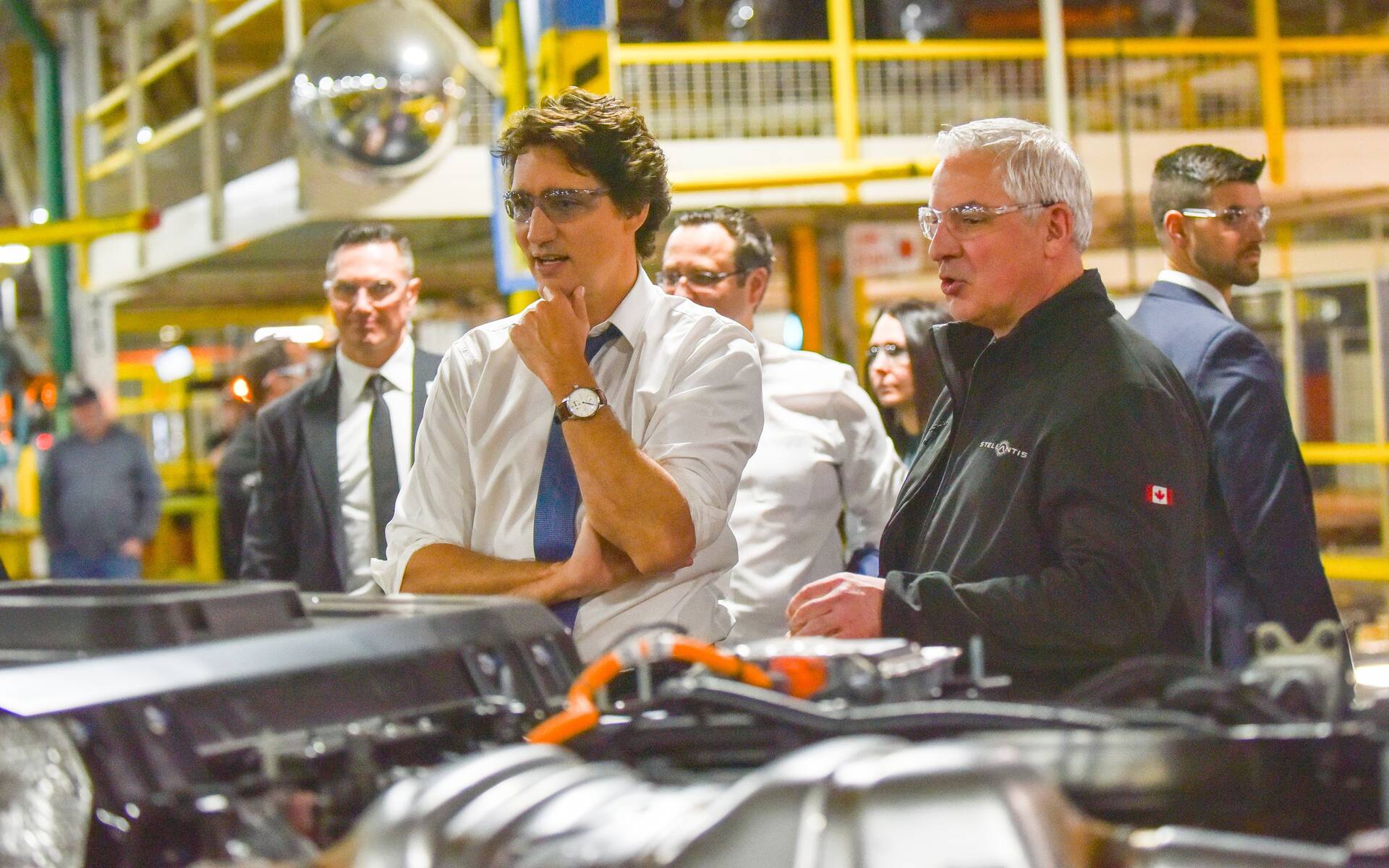Stellantis Reaches Deal With Ottawa to Resume Battery Plant Construction


All construction at Stellantis’ new EV battery plant in Windsor, Ontario can now resume after NextStar Energy (the joint venture between Stellantis and LG Energy Solution) signed a binding agreement that secures the future of battery cell and module production and honours the commitments that were made by the Canadian government to level the playing field with the U.S. Inflation Reduction Act (IRA).
The automaker made the announcement on Wednesday night. Ottawa will grant NextStar Energy up to $10 billion in production tax credits, while the Ontario government will offer up to $5 billion.
Read also
- Stellantis Aims to Make Charging an EV as Simple as e-ABC
- Stellantis Halts Construction at Windsor EV Battery Plant, Blames Ottawa
“The IRA fundamentally changed the landscape for battery production in North America, making it challenging to produce competitively priced, state-of-the-art batteries in Canada without an equivalent level of support from government,” said Mark Stewart, Stellantis Chief Operating Officer, North America. “We are pleased that the federal government with the support of the provincial government came back and met their commitment of leveling the playing field with the IRA. This collective effort enabled the deal to close and we are now resuming construction on the site in Windsor.”
Windsor will be home to the country’s first major battery plant. The goal is to start operations in the first quarter of 2024, with an annual capacity of in excess of 45 GWh, making the site one of the largest EV battery factories in North America.

The project represents a total investment of more than $5 billion and will create an estimated 2,500 new jobs in Windsor and the surrounding areas. It is one of eight battery plants that LGES has secured in North America in response to its growing EV market.
Stellantis has yet to say which EVs the batteries made in Windsor will go into, but Ram (1500 REV), Jeep (Recon) and Dodge (Charger Daytona SRT) are all prepared to launch highly anticipated models in 2024.
Meanwhile in St. Thomas, Volkswagen will build its own EV battery factory, set to cost around $7 billion. Ottawa will give the German automaker $700 million in addition to various incentives that could amount to $13 billion over 10 years.
Last month, Parliamentary Budget Officer Yves Giroux said he believes the plant will cost the Canadian government more money and create fewer jobs than expected.








